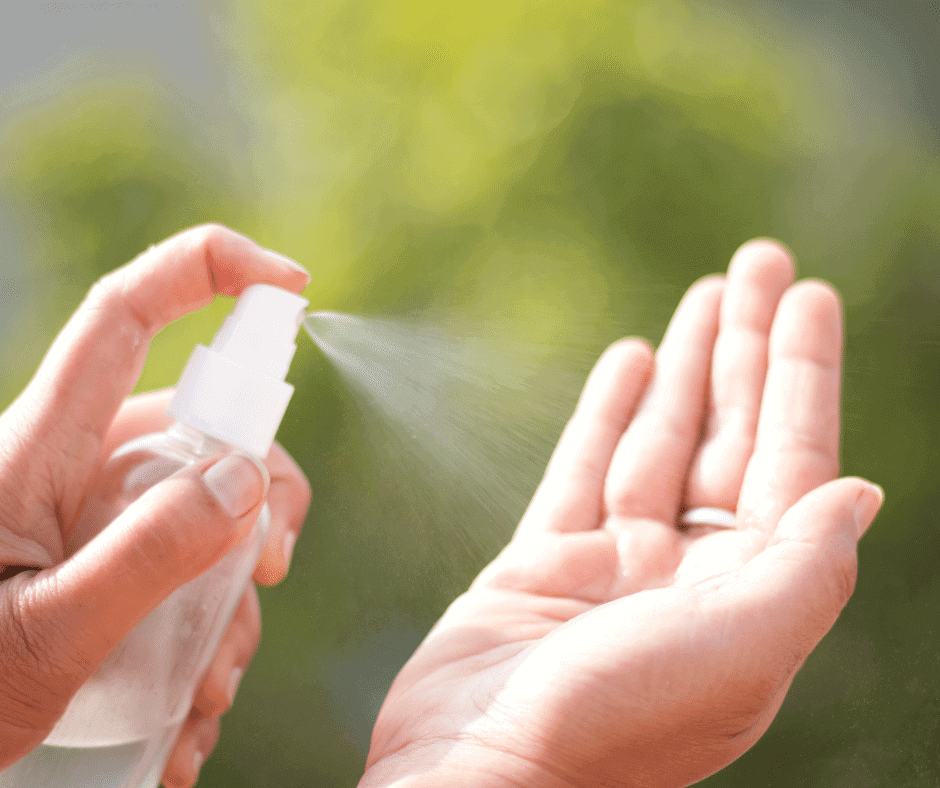Sanitizers in regulatory terms are complex products. In some countries, they are classified as cleaning products, cosmetics or biocides. In addition, their sanitary authorization is not required in all countries. This is the case for Mexico, in which sanitizers can be classified as medical devices or require to comply with Mexican Norms. In this article we will discuss about the different cases.
Sanitization and disinfection definitions
The Medical Devices Supplement from the Mexican Pharmacopoeia defines the process of disinfection as removing, destroying, or inactivating microorganisms. On the other hand, sanitization is defined as any process intended to reduce the number of microorganisms including fungus, bacteria, and viruses from inanimate surfaces.
There are formulations in the market used for disinfection or sanitization of skin (mainly hands) or surfaces respectively, for example:
- Alcohol based solutions
- Non-alcoholic solutions
- Quaternary ammonium salts
- Benzalkonium chloride compounds
All the above-mentioned products can be sold as liquid, gel, foam, wet towels, creams, soap or other presentations.
The Medical Device case
Based on the different type of presentations and intended uses, the key points to consider these products as medical devices in Mexico are:
- If the product is intended to kill microorganisms from human tissues or other medical devices.
- If the product is intended to prevent transmission of illness mainly from the medical environment.
If the product covers at least one of the points mentioned above, then it will be regulated by COFEPRIS as a class I Medical Device (hygienic product) and it will need a Sanitary Registration.
The only exception to this rule is for the products intended to disinfect surfaces in hospitalizations and gray areas. In such cases, these are considered as non-regulated products.
Special cases
Alcohol based (ethylic or isopropylic) hand sanitizers whether in solution or gel, represents a particular case. These products have been regulated by COFEPRIS during the COVID-19 pandemics because of the poor-quality supplies found in the market, which in some cases, were found to be contaminated with methanol.
As a result of this, last February 2021 an update for the Medical Devices Supplement including monographs for alcohol-based liquid and gel hand sanitizers was released.
In addition, on April the 5th of the same year, the Ministry of Health and Economy in Mexico issued the emergency norm NOM-EM-022-SE/SSA1-2021 to establish the specifications and sanitary and commercial information to be included in labels.
In general, any hand sanitizer containing alcohol will be considered as a medical device and must accomplish the requirements of the Medical Device Supplement and NOM-EM-022-SE/SSA1-2021, only if the formulation is above 70% v/v of alcohol as mentioned in these two regulations.
If the product is below 70% v/v of alcohol, it may not be treated as a medical device but it is still subject to other regulations such as NOM-189-SSA1/SCFI-2002, which is intended for products used in home cleaning. It is worth mentioning that in the last case, the product cannot contain claims or be advertised with the medical device intended uses (referred in this article).
If you have additional questions about the sanitizers or disinfectants regulations in Mexico, please contact us at contact@veraqueconsulting.com or check our Guidelines.

